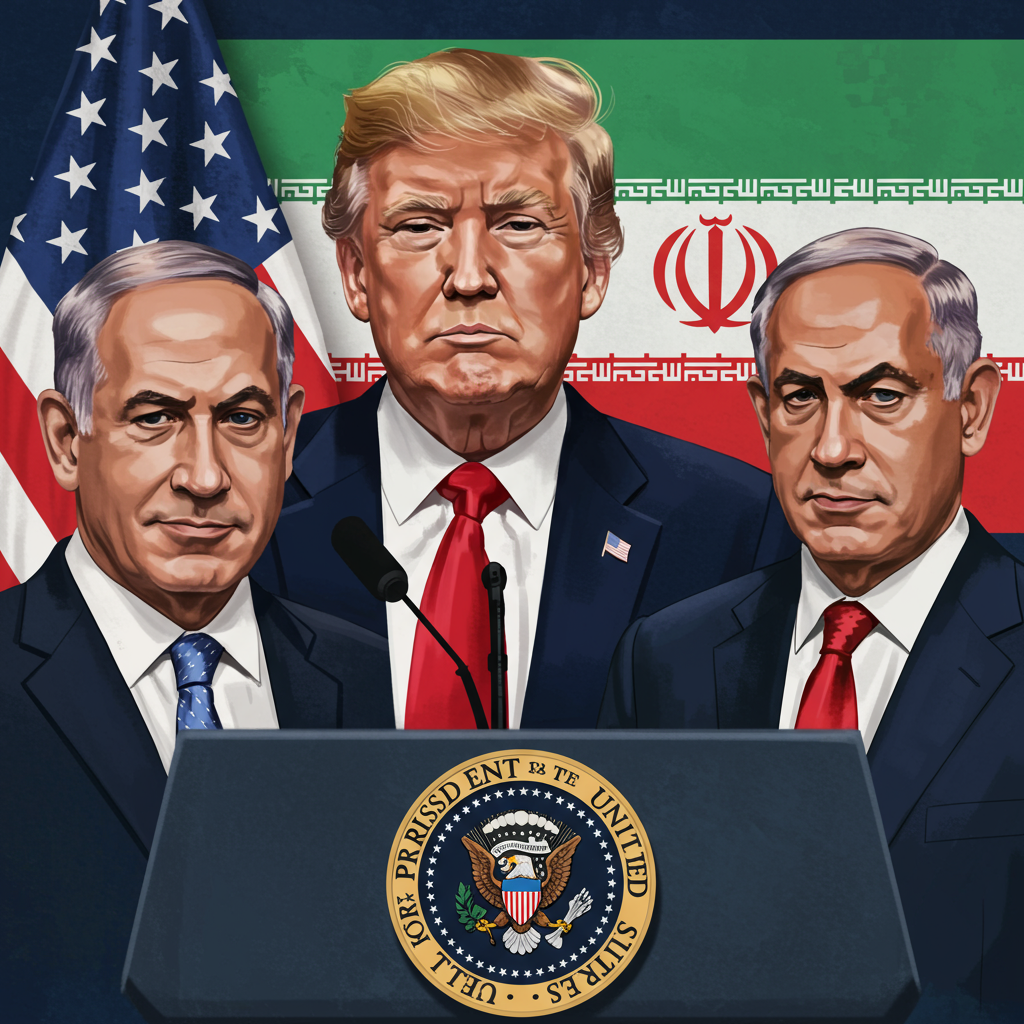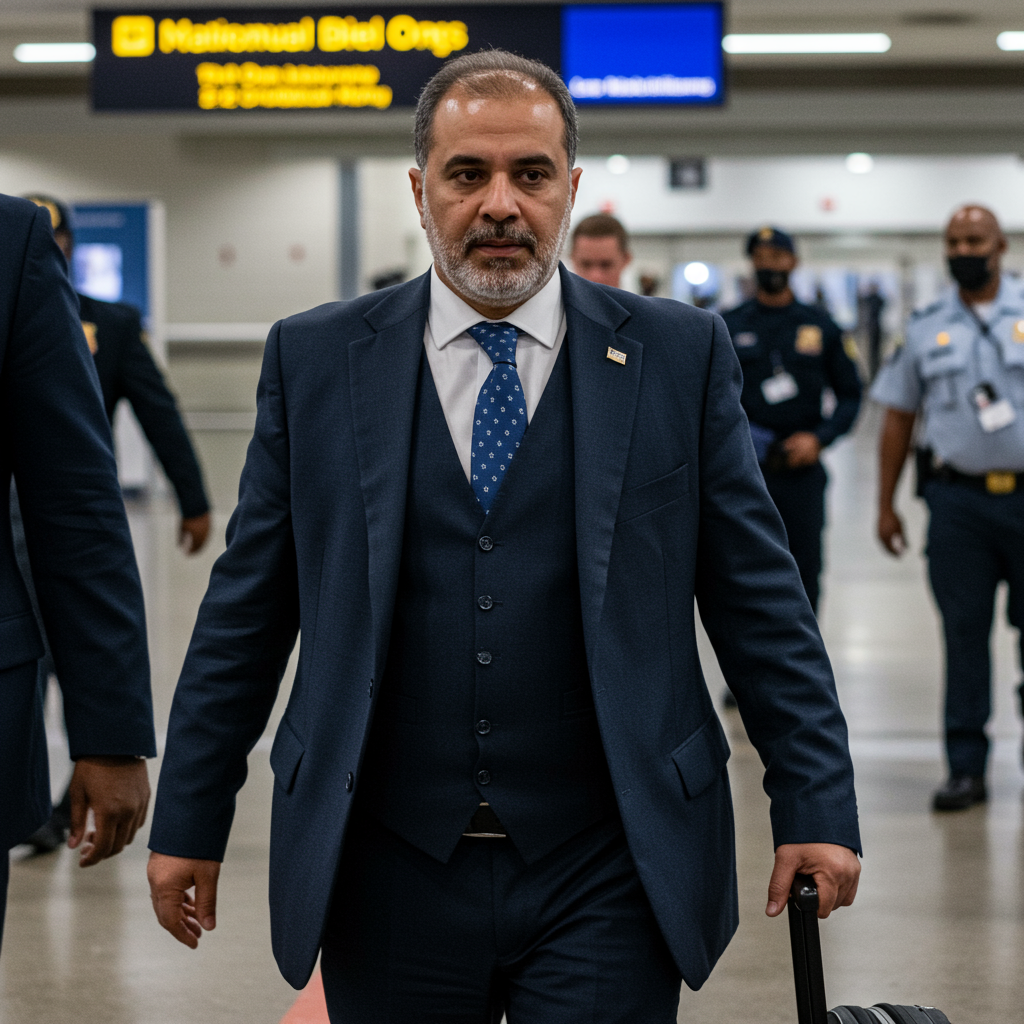A significant financial and policy agreement has emerged between Cornell University and the Trump administration, drawing national attention to the ongoing federal scrutiny of higher education. Announced on Friday, November 7, 2025, the Ivy League institution has committed to a $60 million settlement, a move designed to resolve multiple federal investigations and unlock more than $250 million in frozen research funding. This landmark deal directly impacts Cornell’s operations and sets a precedent for how federal civil rights interpretations will be applied to American universities.
The agreement requires Cornell to pay $30 million directly to the U.S. government. An additional $30 million will be allocated to crucial research aimed at strengthening U.S. agriculture. Both payments are structured over three years, aligning with the remainder of the presidential term. University President Michael I. Kotlikoff emphasized the critical importance of restoring Cornell’s “decades-long research partnership” with the federal government, highlighting its contributions to national health, welfare, and economic strength.
Why This Agreement Matters for Higher Education
This settlement is far more than a financial transaction. It represents a pivotal moment in the Trump administration’s broader campaign to reshape policies within elite U.S. universities. For months, the administration has intensified its focus on institutions it accuses of civil rights violations, particularly concerning diversity, equity, and inclusion (DEI) initiatives, post-affirmative action admissions, and the handling of antisemitism on campus. The agreement with Cornell signals the administration’s resolve and the universities’ willingness to compromise rather than face protracted legal battles.
The freezing of federal funds had already created substantial disruption at Cornell. Since April, the university faced over $250 million in federal funding interruptions. This significantly stalled cutting-edge research, jeopardized academic programs, and led to staff reductions. The new agreement immediately restores these vital research funds, allowing critical projects to resume and stabilizing the university’s research ecosystem.
Deconstructing the Deal: Key Conditions and Compliance
While Cornell explicitly denies any wrongdoing and the agreement itself does not constitute an admission of guilt, the university has agreed to several impactful conditions. These stipulations underscore the administration’s objectives to enforce its interpretation of civil rights laws across higher education.
One crucial provision mandates that Cornell provide extensive admissions data to the federal government. This data, segmented by individual colleges and schools, race, grade point average, and standardized test performance, aims to ensure that race is not considered a factor in admissions decisions. This directly responds to the 2023 Supreme Court ruling against affirmative action and President Trump’s concerns that some universities might be circumventing this decision.
Furthermore, Cornell has committed to training its staff on a Justice Department memo that directs universities to reconsider and potentially disavow certain DEI programs. This also extends to policies that might be perceived as “transgender-friendly,” reflecting a broader push to align university practices with specific federal guidelines. The agreement stipulates that Cornell’s president must personally certify compliance each quarter, a measure designed to ensure strict adherence. This oversight will continue until the agreement’s expiration at the end of 2028.
Cornell’s Stance on Autonomy and Academic Freedom
Despite the concessions, President Kotlikoff’s statements sought to reassure the Cornell community. He asserted that the agreement “explicitly recognizes Cornell’s right to independently establish our policies and procedures, choose whom to hire and admit, and determine what we teach, without intrusive government monitoring or approvals.” This delicate balancing act aims to revive the crucial federal partnership while upholding the university’s long-standing principles of academic freedom and institutional autonomy. He maintained that the discussions were conducted in “good faith,” acknowledging the government’s commitment to enforcing anti-discrimination law while protecting Cornell’s independence.
The Administration’s Perspective: A “Transformative Commitment”
The Trump administration has hailed the Cornell settlement as a major victory. Education Secretary Linda McMahon, speaking on X (formerly Twitter), lauded the agreement as “another transformative commitment from an Ivy League institution to end divisive DEI policies.” She characterized the reforms as a “huge win” for restoring “academic excellence, merit, and accountability” and promoting “merit, rigor, and truth-seeking” in American higher education. White House assistant press secretary Liz Huston echoed this sentiment, calling it a “major win for American students.”
This robust endorsement from the administration highlights its belief that such agreements are essential steps toward reasserting traditional academic values and combating what it perceives as liberal biases within universities. The administration’s actions are rooted in a two-pronged approach: compelling universities to address alleged antisemitism amid campus protests and dismantling diversity programs it views as divisive.
A Pattern of Settlements Among Elite Institutions
The Cornell agreement is not an isolated incident. It is part of a broader pattern of recent settlements between the Trump administration and prominent Ivy League institutions. In July, Columbia University reached a similar deal, agreeing to pay $200 million to the federal government to restore $400 million in research grants. Columbia also accepted a lengthy list of demands, including significant changes to its admissions process, staffing, and diversity initiatives.
Days later, Brown University made a comparable arrangement, promising $50 million in grants over 10 years to workforce development organizations in Rhode Island. Even the University of Pennsylvania, under administration pressure, agreed to ban transgender women from competing on its women’s sports teams. While the specific terms and financial commitments vary—for instance, the University of Virginia’s deal included no direct payment—the overarching strategy is clear: the administration is leveraging its power to influence university policies, and these institutions, despite having access to top legal minds, are opting to settle rather than litigate.
This trend suggests a concerted effort by the administration to enforce its specific interpretations of civil rights and educational policies across a range of higher education institutions. The settlements signal a shift in the landscape of university governance, with federal oversight potentially playing a more direct role in areas traditionally managed by individual institutions.
Frequently Asked Questions
What were the primary reasons for the Trump administration’s scrutiny of Cornell University?
The Trump administration initiated investigations into Cornell University for several core reasons. These included alleged civil rights violations related to antisemitism on campus, concerns that the university was not adequately complying with the 2023 Supreme Court ruling ending affirmative action in admissions, and a broader push to dismantle diversity, equity, and inclusion (DEI) programs, as well as policies perceived as “transgender-friendly.” The administration argued that these issues constituted failures to uphold federal law and academic excellence.
What specific conditions did Cornell agree to as part of the settlement?
As part of the $60 million agreement, Cornell University committed to several key conditions. Financially, it agreed to pay $30 million directly to the U.S. government and allocate an additional $30 million to agricultural research over three years. Policy-wise, Cornell must provide extensive admissions data to the federal government to ensure race is not a factor. It also agreed to train staff on a Justice Department memo instructing colleges to reconsider DEI and “transgender-friendly” policies. Cornell’s president must certify compliance quarterly until the agreement expires at the end of 2028.
What are the broader implications of the Cornell settlement for other universities?
The Cornell settlement, following similar agreements with Columbia, Brown, and the University of Virginia, sets a significant precedent for higher education institutions. It indicates the Trump administration’s willingness to use its authority to freeze federal funding and compel universities to align with its interpretations of civil rights law, particularly regarding admissions, DEI, and campus conduct. Other universities may face similar pressure or proactive compliance measures to avoid investigations, signaling a potential shift in the balance between institutional autonomy and federal oversight.
Conclusion
The $60 million agreement between Cornell University and the Trump administration marks a pivotal moment in the ongoing national conversation about higher education, federal oversight, and institutional autonomy. While Cornell resecures critical research funding and denies any wrongdoing, the conditions of the settlement underscore a significant shift in the operational landscape for universities. The requirements concerning admissions data, DEI training, and presidential certification reflect a determined effort by the administration to shape educational policy. As other Ivy League institutions have faced similar pressures, this Cornell accord highlights a broader pattern that will undoubtedly continue to influence academic freedom and governance across American campuses for years to come.


